Fish familiar to Vietnamese people such as carp, silver carp, silver grass carp, etc. can all be used as medicine.
Carp, also known as carp, is commonly raised in ponds, lakes, and low-lying fields. This freshwater fish contains many nutrients such as omega-3 fatty acids, iron, calcium, manganese, vitamins A, B, and collagen.
According to Oriental medicine, carp has a sweet taste, neutral properties, diuretic, gas-reducing, anti-inflammatory, pregnancy-preserving, lactation-promoting, and cough-reducing effects. Fish scales have a neutral, hemostatic effect. Fish bile has a bitter taste, cold properties, is non-toxic, has the effect of clearing blood stasis, and is good for the eyes. Carp is benign, so the elderly and sick can eat it, providing many nutrients for the body.
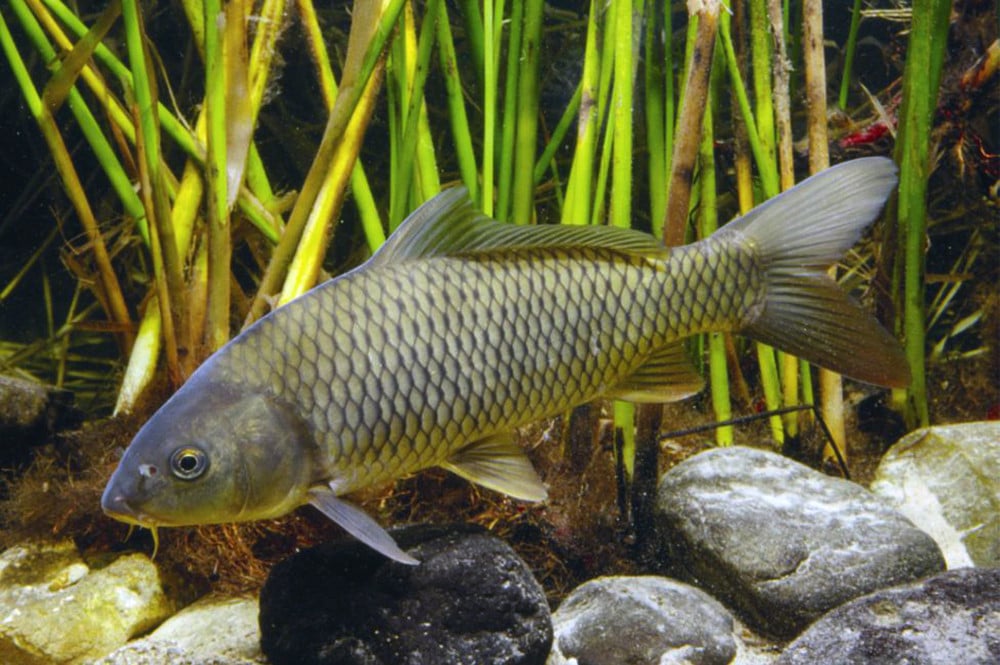
Some types of fish can be used in medicine. Illustration: FOA
Grass carp , also known as silver carp, includes black carp and grass carp, raised by people in lakes, ponds, and rivers, mainly for meat. Grass carp bile is a medicine that has been used for a long time. According to Tue Tinh's Nam Duoc Than Hieu, grass carp bile treats throat congestion and blurred vision, and is often used externally, rarely used internally.
In the book Vietnamese Medicinal Plants and Herbs , Professor Do Tat Loi advised people not to use grass carp bile on their own. In fact, there have been a number of cases of hospitalization after eating fresh bile or bile soaked in alcohol. Symptoms of poisoning appear quickly (1-2 hours after use) including abdominal pain, diarrhea, and vomiting. If not treated promptly, the patient may develop acute kidney failure and coma.
Crucian carp , also known as "tuc ngu", contains many nutrients and minerals such as calcium, phosphorus, and vitamin B1. Crucian carp is recommended for people who have been sick for a long time, have a weak body, are weak, have insufficient blood and energy, causing poor appetite, heartburn, or have a weak spleen, edema, and difficulty urinating...
Loach, also known as du ngu, lives in mud and has a lot of slippery mucus. According to Oriental medicine, this type of fish has a sweet taste, neutral properties, and is non-toxic. The fish has the effect of dispelling wind, promoting urination, curing diabetes, relieving hangovers, strengthening yang, and replenishing qi.
Because of its high nutritional value, loach is also known as water ginseng. In 100g of fish meat, there are 16.9g of protein, 2g of fat, 3.2g of glucid, 16.9mg of calcium, 3.2mg of iron, 27mg of phosphorus and other vitamins.
Modern medicine believes that loach is nutritious, increases resistance, improves blood circulation, increases digestive enzymes, and is beneficial for treating diseases that cause loss of vitality such as asthma and tuberculosis.
Grass carp has the medicinal name of Phuong Ngu, sweet taste, warm, slippery, has the effect of nourishing the brain, marrow, moistening the lungs, benefiting the spleen and stomach. Ancient medical books recorded that white grass carp meat has the effect of stimulating appetite, lowering gas, regulating the five internal organs, preventing blood vessel damage, nourishing the liver, and improving eyesight. Elderly people who eat grass carp regularly can prevent headaches, memory loss, coughs, and asthma.
However, people with acne should avoid eating silver carp. Silver carp contains high levels of liver fluke larvae, so do not eat raw or undercooked silver carp.
Source: https://giadinh.suckhoedoisong.vn/top-5-loai-ca-binh-dan-ngoai-cho-co-tac-dung-chua-benh-172241111145157882.htm















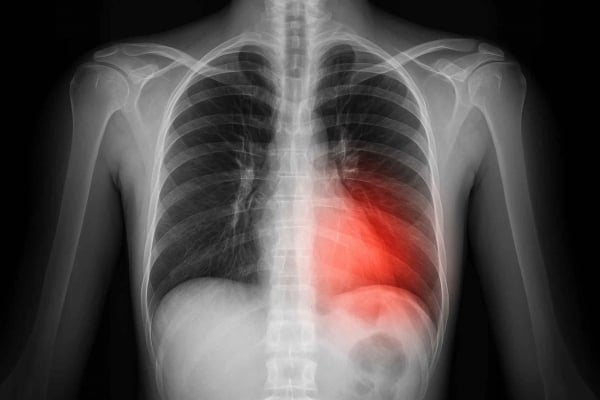

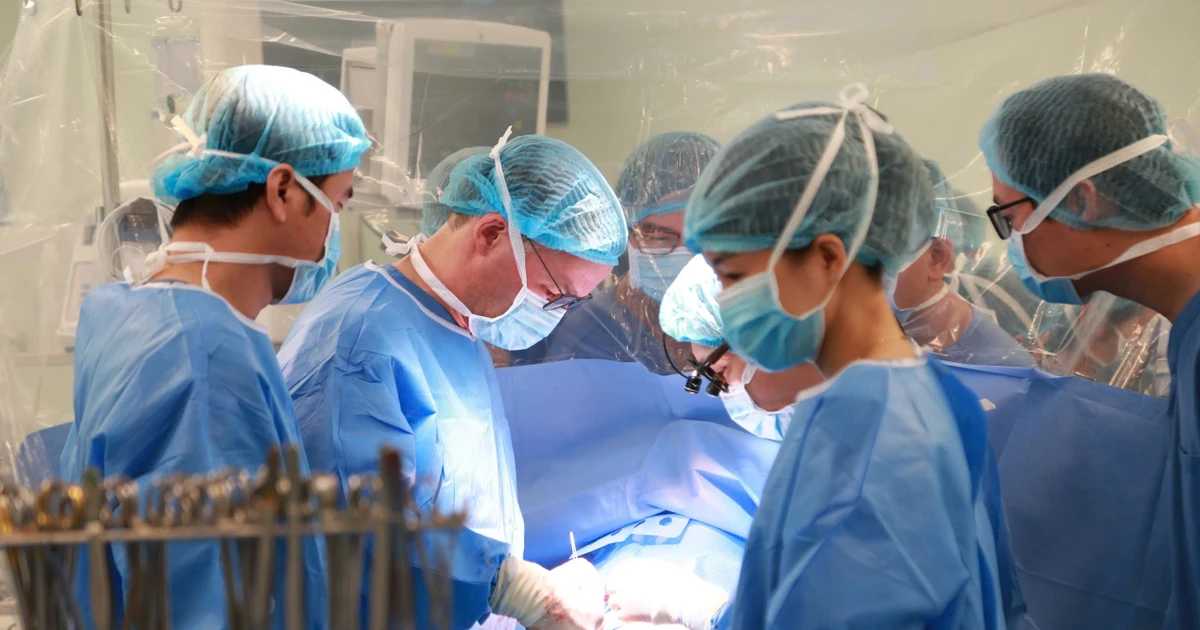
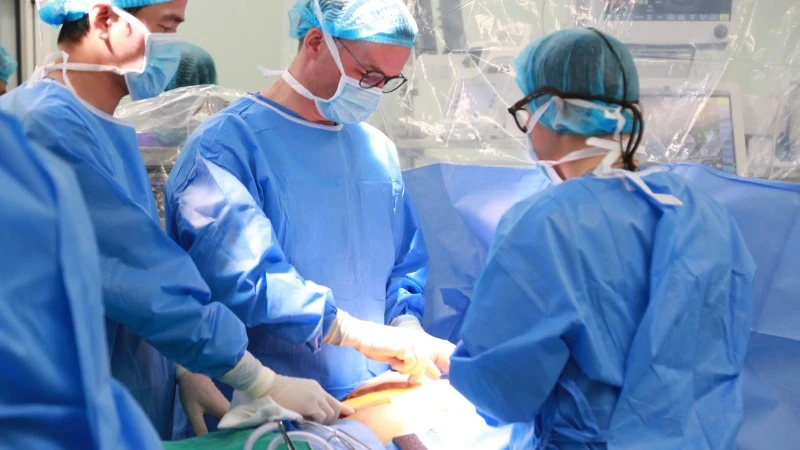
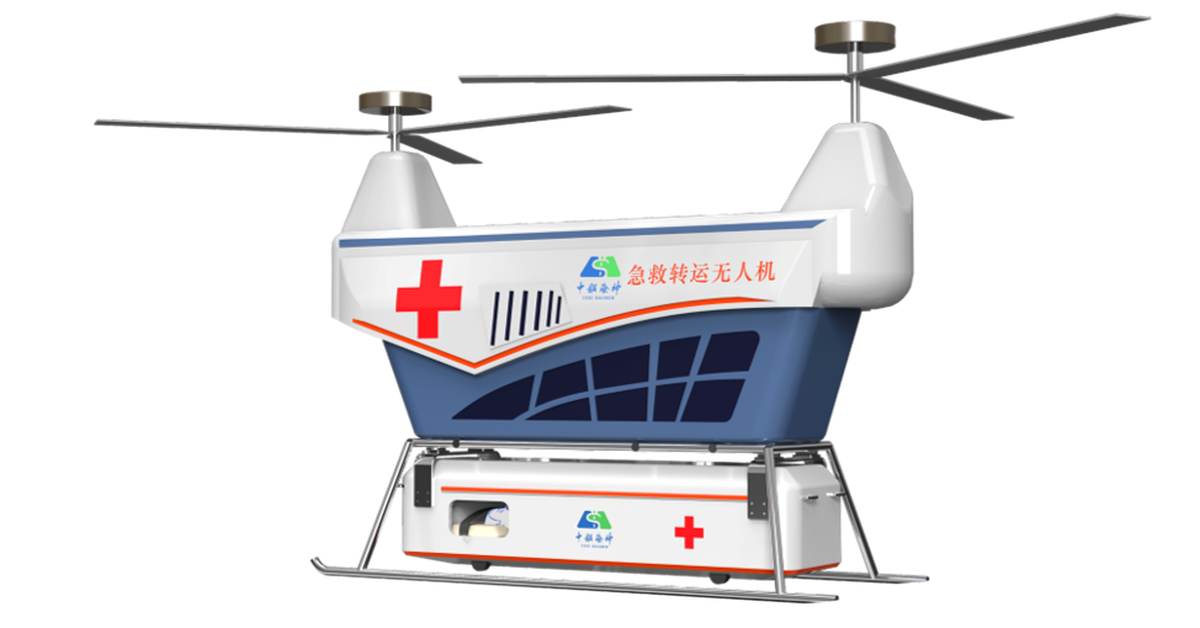



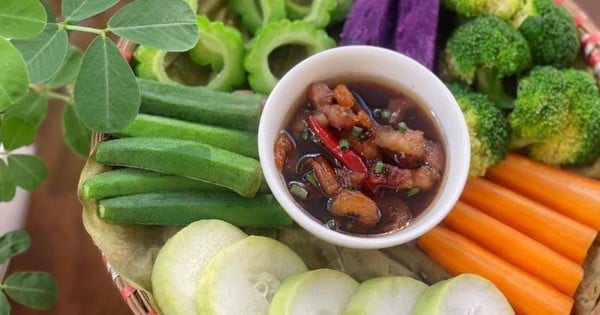
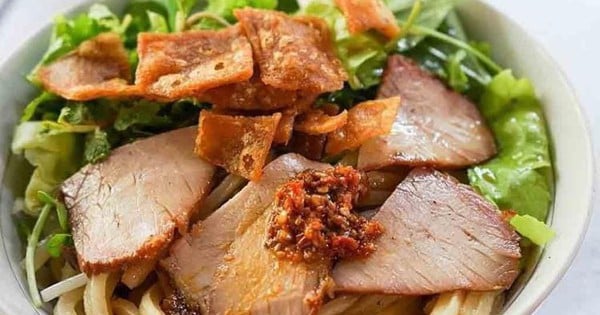
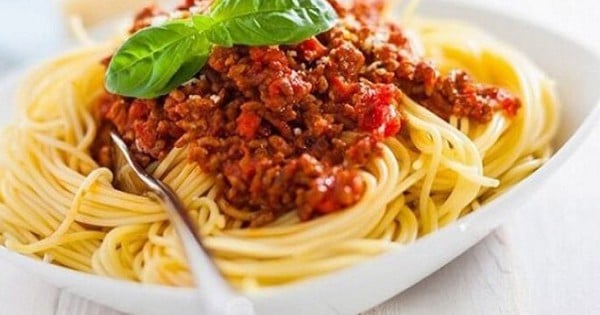

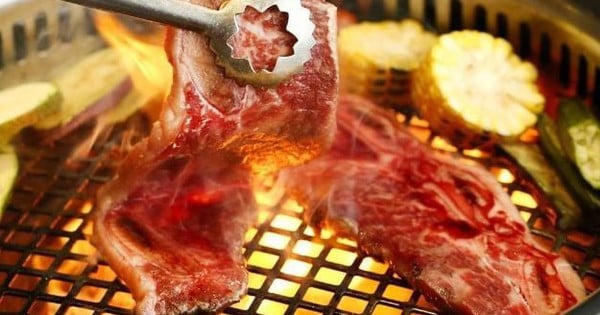


![[Photo] "Beauties" participate in the parade rehearsal at Bien Hoa airport](https://vstatic.vietnam.vn/vietnam/resource/IMAGE/2025/4/11/155502af3384431e918de0e2e585d13a)

































































Comment (0)